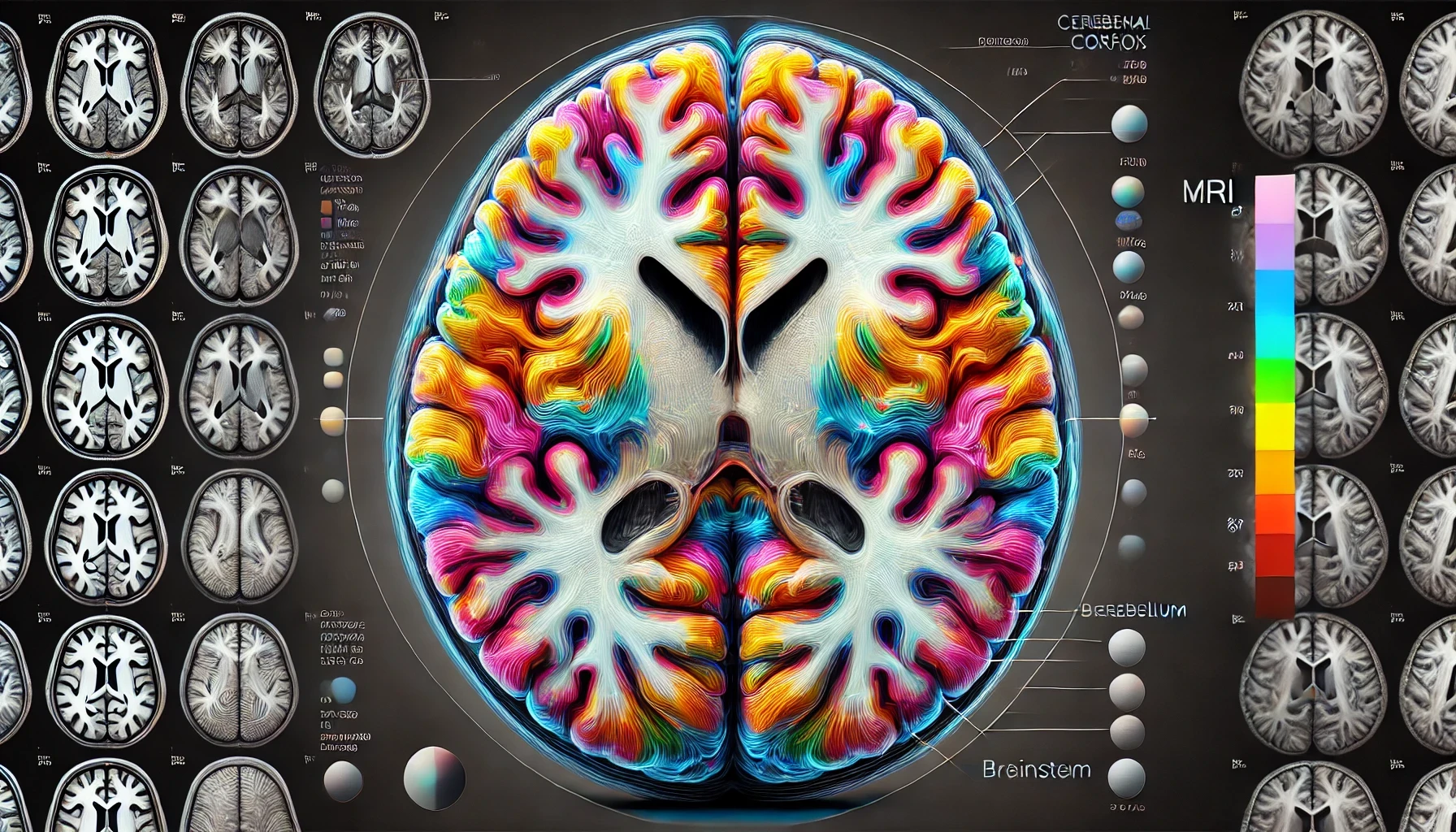
Many business professionals find it hard to maintain a healthy weight in today's fast-paced world. Long work hours, stress, and the convenience of fast food can make it challenging to stick to a healthy diet and exercise routine. While numerous weight loss options are available, they all come with their own pros and cons. Recently, a new approach has been gaining attention in the wellness community—microdosing LSD. But can it help with weight loss? Let's explore how microdosing works, its potential benefits for appetite control, and how coaching can help you address overeating.
Current Weight Loss Options Pros and Cons
When it comes to weight loss, there is no shortage of methods to choose from. Here are some of the most popular options and their pros and cons:
Dieting Options
When considering diets, individuals often undertake several popular options to lose weight. A vegan diet eliminates all animal products and focuses on fruits, vegetables, grains, and legumes, which can provide numerous health benefits but requires careful planning to ensure adequate nutrient intake. The ketogenic (keto) diet, which is high in fats and low in carbohydrates, aims to switch the body into a fat-burning state called ketosis, often resulting in rapid weight loss but posing challenges in long-term sustainability. The carnivore diet is at the opposite end of the spectrum, consisting solely of animal products. While some advocate its benefits for metabolic health, it raises concerns about nutrient balance and heart health. The paleo diet encourages the consumption of whole foods, much like early human diets, including meats, fish, fruits, vegetables, nuts, and seeds, which can promote weight loss and overall health but may limit food variety. Each diet offers different pathways to weight loss and health, requiring individuals to weigh their pros and cons based on personal needs and lifestyle.
Workout Choices
Just as there are various dietary approaches, there is an equally diverse range of workout choices to help with weight loss. Cardiovascular exercises like running, cycling, and swimming are excellent for burning calories and improving heart health. Strength training, including weightlifting and resistance exercises, helps build muscle mass, which can increase metabolic rate. High-intensity interval training (HIIT) combines bursts of intense activity with rest periods, making it an efficient way to burn fat in a shorter time. Yoga and pilates provide a more balanced option, focusing on flexibility, core strength, and mental well-being. Each workout type offers unique benefits, and combining different routines can create a well-rounded fitness plan tailored to individual preferences and goals.
At DIYECS Health, we do not believe in one diet philosophy or workout routine. We work with you to help you discover what lifestyle approach is best for you and how we can implement strategies for long-term success. We also know how to leverage neuroplasticity, your brain's ability to create new neural pathways, to enable you to integrate healthier lifestyle choices.
Pros:
Natural and sustainable
Improves overall health and well-being
Cons:
Requires discipline and consistency
Time-consuming
Weight Loss Supplements
OTC Supplements
Over-the-counter (OTC) weight loss supplements often attract individuals seeking a quick fix for shedding pounds. However, it's important to note that these supplements are not FDA-approved, meaning their safety and efficacy are not guaranteed. Many of these products contain a mix of ingredients that can lead to unwanted side effects such as increased heart rate, digestive issues, and even more severe health risks. Relying on OTC supplements for weight loss can foster unhealthy habits and divert attention from more sustainable, long-term strategies such as a balanced diet and regular exercise. While they may offer temporary results, they seldom provide lasting benefits and may compromise overall health.
Examples of OTC weight loss supplements include products like Hydroxycut, Garcinia Cambogia, and green tea extract. Hydroxycut has been known to contain a potent blend of caffeine and other stimulants that can cause jitteriness, increased heart rate, and even high blood pressure. Garcinia Cambogia purportedly works by inhibiting a fat-producing enzyme in the body and increasing serotonin levels, but it has been linked to liver damage and digestive issues. Green tea extract is often marketed for its metabolism-boosting properties; however, in high doses, it can lead to liver toxicity. These supplements can be particularly concerning because they lack stringent regulation, leading to inconsistencies in their formulations and potential contamination with harmful substances. Consequently, such products may pose significant health risks over time and are not considered a healthy or reliable form of weight loss.
Pros:
Convenient and easy to use
Can provide quick results
Cons:
Potential side effects
Not always effective
Surgical Procedures (e.g., Gastric Bypass)
Gastric bypass is a common surgical procedure utilized as a solution for significant weight loss, particularly in cases where other methods have proven unsuccessful. The surgery alters the digestive system by creating a small stomach pouch and rerouting the small intestine to this pouch, which limits food intake and reduces nutrient absorption. While this procedure can lead to substantial and rapid weight loss, it's not without its risks. Complications can include infection, blood clots, and adverse reactions to anesthesia. Additionally, long-term health risks such as nutrient deficiencies, hernias, and digestive issues like dumping syndrome can occur, necessitating ongoing medical supervision and supplementation. Despite its potential benefits, gastric bypass surgery requires careful consideration and a commitment to maintaining lifestyle changes to ensure long-term success.
Pros:
Significant and rapid weight loss
Can be life-saving for those with severe obesity
Cons:
High risk of complications
Expensive
Prescription Medications

Semaglutide Shot
The semaglutide shot, marketed under names such as Ozempic and Wegovy, is a prescription medication originally developed to manage type 2 diabetes but has gained prominence for its effectiveness in promoting weight loss. Administered once a week, it works by mimicking the hormone GLP-1 to regulate appetite and reduce calorie intake by slowing stomach emptying. Despite its benefits, the semaglutide shot also comes with known side effects, including nausea, vomiting, diarrhea, and potential issues with the pancreas or kidneys. In terms of cost, semaglutide can be quite expensive, averaging around $1,000 to $1,500 per month without insurance coverage. This cost can be a significant barrier for many individuals seeking to use this medication for weight loss purposes, necessitating careful consideration and consultation with healthcare providers.
Pros:
Effective in suppressing appetite
Can lead to significant weight loss
Improves blood sugar control
Cons:
Requires regular injections
Possible side effects, including nausea and fatigue
Can be expensive without insurance coverage
How Microdosing LSD Works
Microdosing involves taking very small doses of LSD, typically one-tenth of a recreational dose, on a regular schedule. This practice is believed to enhance cognitive function, mood, and creativity without causing the hallucinogenic effects associated with higher doses.
A study published in Scientific Reports (source 1) found that microdosing LSD led to improved emotional and cognitive functioning. Additionally, a study in Translational Psychiatry (source 2) suggested that microdosing could potentially modulate stress and anxiety levels, which are often linked to unhealthy eating habits.
How Microdosing LSD Can Help Control Appetite
One of the ways microdosing LSD is thought to aid in weight loss is by influencing appetite regulation. LSD interacts with serotonin receptors in the brain, which significantly control hunger and satiety.
A study published in Frontiers in Psychiatry (source 3) found that microdosing psychedelics could lead to reduced appetite and improved eating behaviors. This research aligns with findings from the National Institutes of Health, which highlight the potential for psychedelics to impact mental health and behavior (source [4](https://www.nih.gov/)).

The Mechanism of Action of LSD Microdosing
LSD, at microdose levels, primarily functions by interacting with serotonin receptors in the brain, notably the 5-HT2A receptor. This interaction helps modulate various psychological and physiological processes, including mood regulation, cognitive flexibility, and appetite control. When microdosed, LSD's subtle influence on these receptors can help curb excessive hunger and promote better eating habits. However, the benefits of microdosing extend beyond mere appetite regulation. This practice fosters a deeper connection between the mind and body, facilitating a state of intuitive eating. Clients often find that microdosing aids them in becoming more attuned to their body's hunger signals and nutritional needs, leading to healthier, more mindful eating practices.
Recent studies have also identified the interaction of LSD with the 5-HT2C receptor, another crucial serotonin receptor implicated in appetite regulation. The 5-HT2C receptor is known to influence feeding behavior and energy balance (source 5). By modulating this receptor, LSD at microdose levels can potentially reduce food intake and enhance satiety, complementing its effects through the 5-HT2A receptor. This dual interaction underscores the compound's promising role in promoting weight loss and healthy eating behaviors, making it a compelling option for those struggling with obesity and related conditions. Further research is ongoing to better understand the full spectrum of LSD's interactions with serotonin receptors and its implications for weight management.
How Coaching Can Help You Address Why You Are Overeating
While microdosing LSD may help regulate appetite, it's essential to address the underlying reasons for overeating. This is where coaching comes in.
Benefits of Coaching:
Personalized Guidance:
A coach can help you identify your specific triggers for overeating and develop tailored strategies to overcome them.
Accountability:
Regular check-ins with a coach can keep you on track and motivated to achieve your goals.
Emotional Support:
Coaching provides a safe space to explore and manage the emotional aspects of eating.
Goal Setting:
A coach can help you set realistic and achievable goals, making your weight loss journey more manageable and less overwhelming.
Conclusion
Microdosing LSD offers a promising new approach to weight loss by potentially helping to control appetite and improve overall mental well-being. However, it's not a one-size-fits-all solution. Combining this approach with personalized coaching can provide a comprehensive strategy to address the root causes of overeating and achieve sustainable weight loss.
Ready to explore this innovative approach to weight loss? Contact DIYECS Health to learn more about our coaching services and how we can support your wellness journey.
Related Topics
Low-Dose LSD in Alzheimer's Treatment
Aug 5, 2024
Known primarily for its psychedelic effects, LSD may hold the key to a new approach in tackling Alzheimer's....
Can Microdosing Help You Lose Weight?
Jun 28, 2024
Many business professionals find it hard to maintain a healthy weight in today's fast-paced world. Long work hours, stress, an...
What is Microdosing? Everything You Need To Know.
Jun 26, 2024
Microdosing is the act of taking a very small dose of a psychedelic drug. It is typically LSD, but sometim...
ALL BLOGS
Book Your Free Consultation
Ready to transform your life? Book a 25-minute Zoom call with me to discuss how we can work together to achieve your health and wellness goals.




